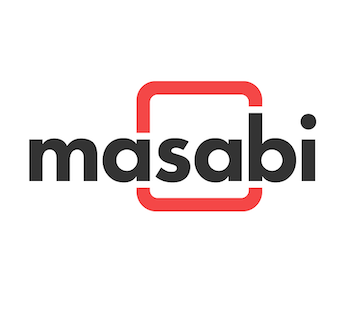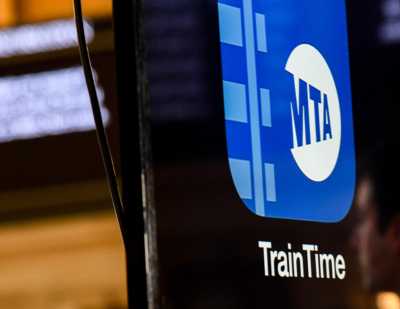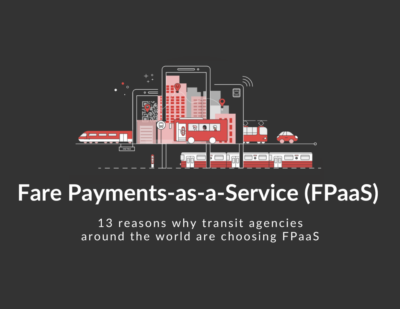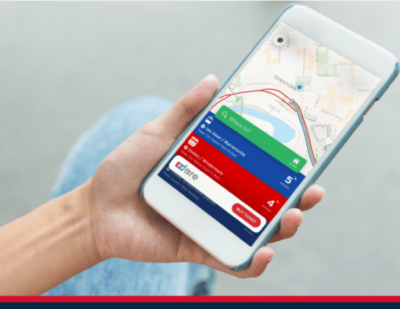Fare Payments-as-a-Service (FPaaS) is a way of delivering fare payment (ticketing) systems without the need for agencies to select IT partners to design, build, operate and maintain a custom ‘standalone’ system for each individual agency.
Masabi is leading the movement away from expensive, standalone and custom-developed fare collection technology towards scalable, platform-based fare payment solutions delivered to agencies of all sizes ‘as-a-Service’, for a fraction of the cost of bespoke systems.
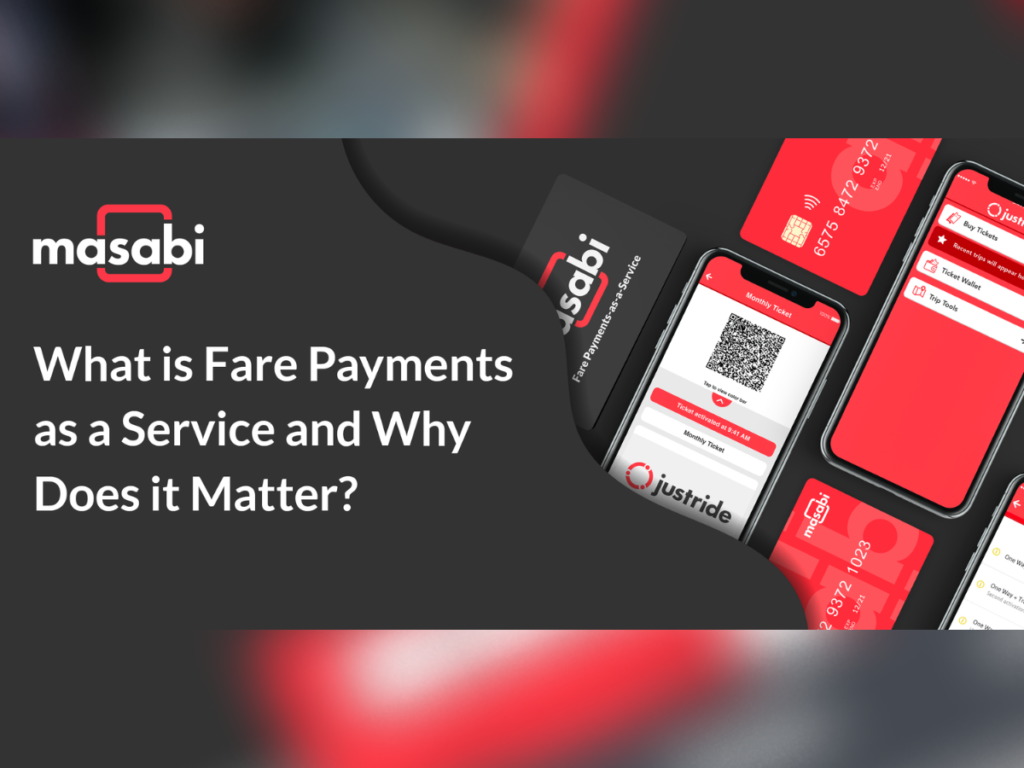
This superior means of delivering fare collection technology isn’t radical: it’s an application of software best practices delivered in almost every other enterprise technology vertical. This delivery model is called Fare Payments-as-a-Service (FPaaS) and Masabi’s Justride platform is the leading solution in the market.
Instead of ‘reinventing the wheel’ each time a transit agency needs a new fare payment system, Masabi and others in the industry are developing shared (multi-agency) fare payments platforms that are designed to industry standard requirements so that transit agencies can use proven technology to meet their fare collection needs now and in the future.
The FPaaS delivery model provides a number of benefits by moving the industry away from bespoke ‘standalone’ systems to one where multiple agencies all use the same platform. These benefits include: reduced cost of ownership and risk, increased speed to market and providing regular system and fare payment updates and innovations, thereby reducing costly change orders.
Here are some of the key benefits of a Fare Payments-as-a-Service approach:

Speed to Market
A Fare Payments-as-a-Service delivery model enables the latest fare payment innovations for passengers to be introduced extremely quickly – in some cases in a matter of just a few weeks. This is possible because the platform is already developed and in revenue service with other agencies, so – depending on which capabilities an agency specifies – the system only needs to be configured, instead of built.
This is in stark contrast to the timescales associated with designing and building a bespoke fare collection system, which – according to our annual FPaaS Survey – frequently takes three years or more of expensive systems development and project management time.

Continuous Updates
Adopting a FPaaS approach gives agencies the ability to offer innovative new payments features and updates as these are regularly released onto the platform, and all agencies benefit from these updates.
By comparison, bespoke fare collection systems are traditionally very difficult to update over and above their original specification. New functionality typically involves complex change orders which can take months to design and integrate – with high costs and significant risks involved in their deployment. Some bespoke systems provide infrequent updates which usually incur an extra cost and are difficult to manage and deliver.

Reduced Total Cost of Ownership
FPaaS systems require significantly less capital investment and have a much lower total cost of ownership as the system is already built and costs are shared between all users. Services are typically paid for by the agency on a percentage of ticket sales bases, where the agency pays for what they use when they use it – although funding arrangements vary according to agencies’ differing needs and priorities.
So it’s perhaps not surprising that agencies adopting a shared platform could realize savings of between 42 and 73 per cent on the Total Cost of Ownership of their fare collection system, as highlighted in a survey conducted by Consult Hyperion.
This article was originally published by Masabi.
